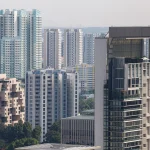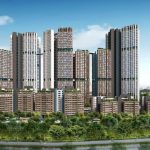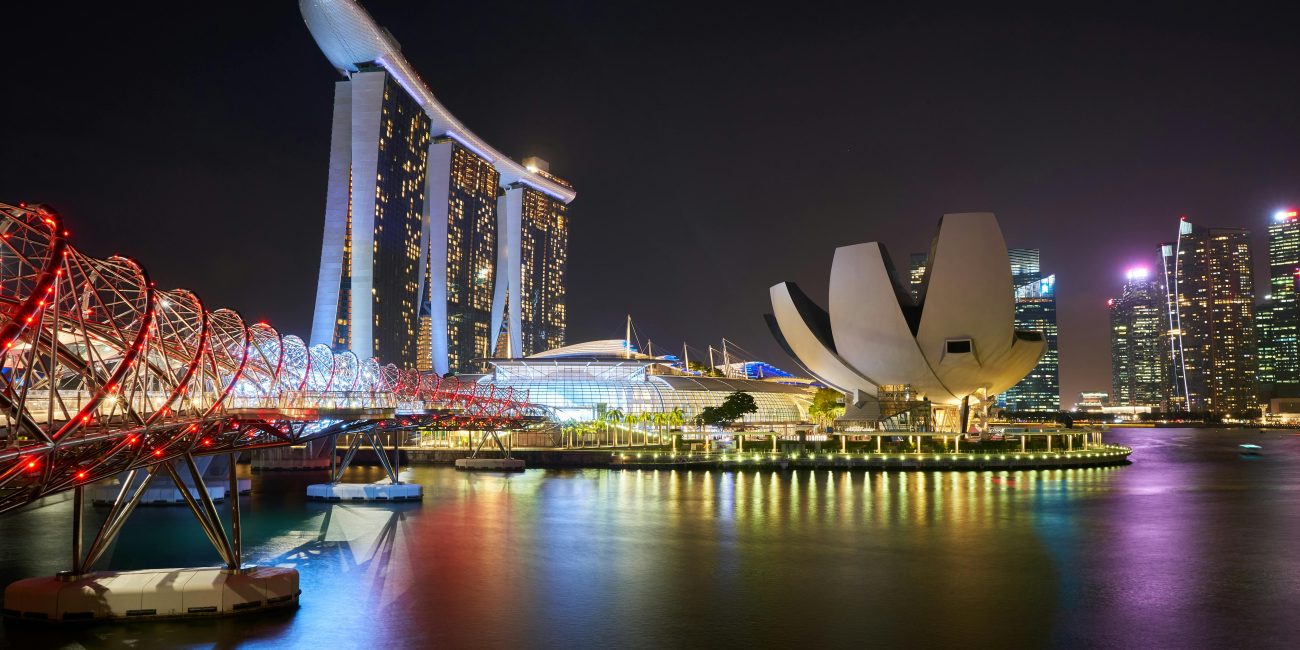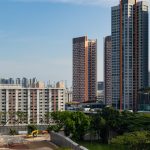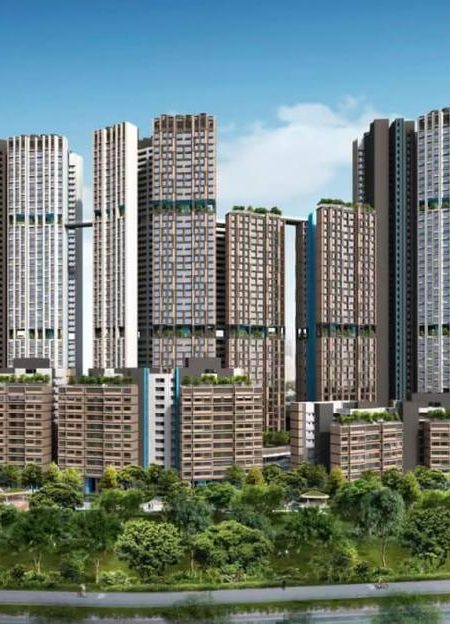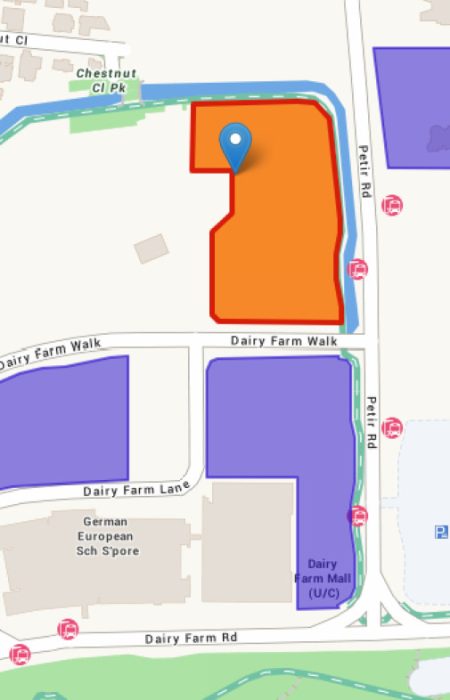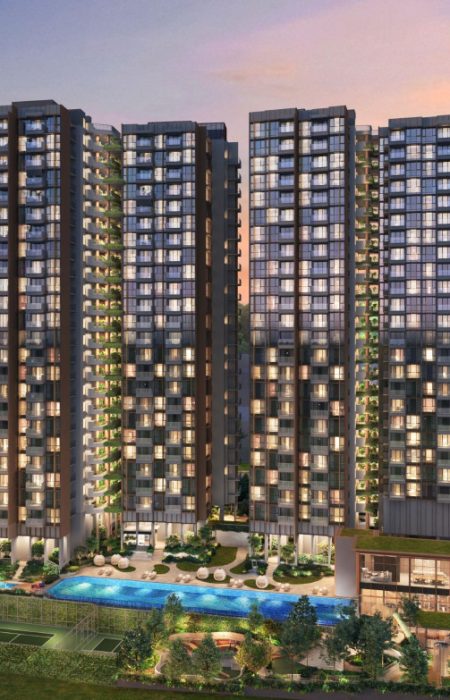1. Introduction: Steady Growth Amid Global Uncertainty
The Singapore property market continues to demonstrate resilience as of October 2025, despite global economic uncertainties. The real estate landscape has seen a balanced mix of cautious optimism and strategic investments, driven by both local and foreign buyers. Rising household incomes, a stable job market, and sustained government measures have collectively supported this stability.
In the past few months, the property sector has experienced moderate price appreciation, with private condos and landed properties showing stronger growth than public housing. Developers are becoming more selective in land bidding, while buyers are prioritizing long-term investment value over short-term gains.
2. Private Condominium Market: Moderate Price Gains
Private condo prices saw a 0.8% increase in Q3 2025, marking the fourth consecutive quarter of growth. The demand remains strong in city-fringe areas (Rest of Central Region – RCR) and suburban locations (Outside Central Region – OCR).
New launch projects such as Hillhaven Residences, Lentor Sky, and The Arcadia Residences have received overwhelming interest due to proximity to MRT lines, reputable schools, and well-planned community facilities.
Foreign investors, particularly from China, Malaysia, and India, have shown renewed interest following policy easing on foreign property purchases earlier this year. Developers are also offering flexible payment plans and early-bird discounts to attract new buyers.
3. HDB Resale Market: Stabilizing After a Strong Surge
The HDB resale market has seen a cooling trend after record-breaking prices in 2024. In October 2025, the median resale price dipped slightly by 0.3%, indicating a healthy correction phase.
However, demand remains consistent for larger units such as 4-room and 5-room flats, especially in mature estates like Tampines, Toa Payoh, and Queenstown. First-time buyers are leaning toward HDB resale options due to longer BTO waiting times and attractive grant incentives.
The HDB Build-To-Order (BTO) launches this year also continue to receive strong demand, particularly in well-connected towns with nearby MRT access and upcoming commercial hubs.
4. Luxury and Core Central Region (CCR) Segment: Selective Uptake
Luxury property sales in the Core Central Region have slowed slightly, but the ultra-high-net-worth individuals (UHNWIs) remain active. Properties above S$5 million are still being transacted, albeit with more negotiation room.
Developers in CCR areas are adapting to changing buyer preferences by emphasizing green design, smart home automation, and wellness-focused amenities. Singapore’s reputation as a safe, business-friendly city continues to attract expatriates and global investors seeking long-term capital appreciation.
5. Government Land Sales (GLS): A Controlled Yet Competitive Market
The Government Land Sales (GLS) program for 2025 has seen increased developer participation, especially for sites in the Tampines North, Punggol, and Clementi regions. The bidding patterns suggest confidence in Singapore’s long-term housing demand, though developers remain cautious about rising construction costs and future interest rates.
Experts anticipate that future GLS sites will focus on mixed-use developments, integrating residential, commercial, and lifestyle elements for enhanced liveability.
6. Commercial and Industrial Property: Demand Driven by Transformation
Beyond the residential sector, commercial and industrial properties are also evolving. With the ongoing economic diversification into digital and green technologies, industrial space demand is rising.
Grade A office rentals in the Central Business District (CBD) have increased by 1.2% in Q3 2025, supported by tech startups and financial firms expanding operations. Meanwhile, logistics hubs and data centers remain in high demand due to e-commerce growth and cloud service expansion.
The government’s Green Economy and Smart Nation initiatives are reshaping the property landscape by pushing sustainable development and renewable energy integration in new buildings.
7. Interest Rates and Financing: Gradual Easing Provides Relief
After two years of high interest rates, Singapore is witnessing a gradual easing in mortgage rates. Most banks have lowered their floating rates by around 0.25%, improving affordability for new buyers and existing homeowners.
Financial experts predict a stable lending environment in 2026, which could further encourage property purchases and investments. Buyers are advised to lock in attractive fixed-rate packages while they are available.
8. Rental Market: Slight Cooling but Still Strong
The rental market in Singapore remains strong despite slight moderation in demand. Rental prices for private condos dipped by 1.5% in October as more new units entered the market.
However, areas like Tanjong Pagar, Jurong East, and Paya Lebar continue to command high rental yields due to corporate tenants and proximity to business hubs.
For HDB flats, rental demand remains steady, especially among non-resident workers and expatriates looking for affordable housing options.
9. Future Outlook: Sustainable, Smart, and Stable
Looking ahead, analysts expect the Singapore property market to maintain steady growth through 2026, supported by:
- Continued infrastructure development (Cross Island Line, Tengah Town expansion).
- Stable employment and economic recovery.
- Government’s commitment to sustainable urban planning.
- Increasing interest in smart homes and digital property platforms.
Buyers are advised to focus on value-based investments—properties in growth corridors with good connectivity and long-term appreciation potential.
10. Conclusion: Balanced Market with Opportunities Ahead
The Singapore property market in October 2025 stands as a model of balance and resilience. While some segments are cooling, others are experiencing renewed vigor due to evolving buyer preferences, policy support, and global investor confidence.
Whether you are a first-time homebuyer, investor, or developer, the key is to stay informed, leverage market data, and align your property decisions with Singapore’s future transformation goals.



